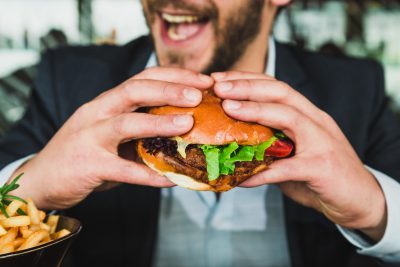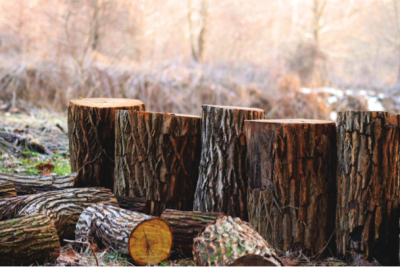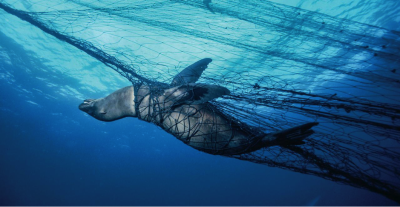What is ‘natural’? The chicken who cannot live more than six weeks, the turkey who can’t even breed without human help, or the cow selectively bred to produce far more milk than is good for her health?
nothing natural about factory farming
Farmed animals are artificially inseminated, endure many mutilations, and are selectively bred to have large litters. They are engineered to put on weight fast unless they are hens farmed for their eggs, in which case they’re bred not to put on weight, as that would be a waste of food. They are fed artificial feed often imported from deforested lands, have their breeding cycles manipulated with hormone sponges inserted into their vaginas, and the length of their day is managed through artificial lighting. It’s not possible to imagine anything less natural than the animal farming industry.
what did our ancestors eat?
Often what people mean by this question is: haven’t we always done it?, and don’t we have all the right biological equipment to eat meat? The answer to those questions is ‘no’ and ‘not really’.
The food our ancestors ate would have depended on what era they lived in and where in the world, as well as the season, the climate, and the weather, so we can’t make any generalisations about what humans have ‘always eaten’. But archaeologist Dr Richard Leakey says our prehistoric ancestors started off on a plant-based diet. He says:
“You can’t tear flesh by hand, you can’t tear hide by hand, and we wouldn’t have been able to deal with the food sources that required those large canines.”
He makes some good points.
Claws and fangs
Take a look down at your own hands—they are useless for ripping flesh, and our lack of speed would see even a lame antelope easily outrun us. These things are not a problem for true carnivores, like jaguars and tigers. And as for those canine teeth that people cite as ‘proof’ that we should eat meat, they look nothing like the canines of carnivores and are misnamed.
Obviously, we can tolerate a bit of meat in our diet, but our bodies have never truly adapted to it. Our intestines are long and look more like those belonging to our herbivorous friends than our carnivorous ones. Carnivores have short intestines as they need to move meat out of their system quickly before it putrefies and kills them. Food poisoning in people is still predominantly caused by animal products and meat continues to harm the human body in other ways, including through higher rates of heart disease, some cancers, and diabetes. A plant-based vegan diet protects against these diseases and more.



